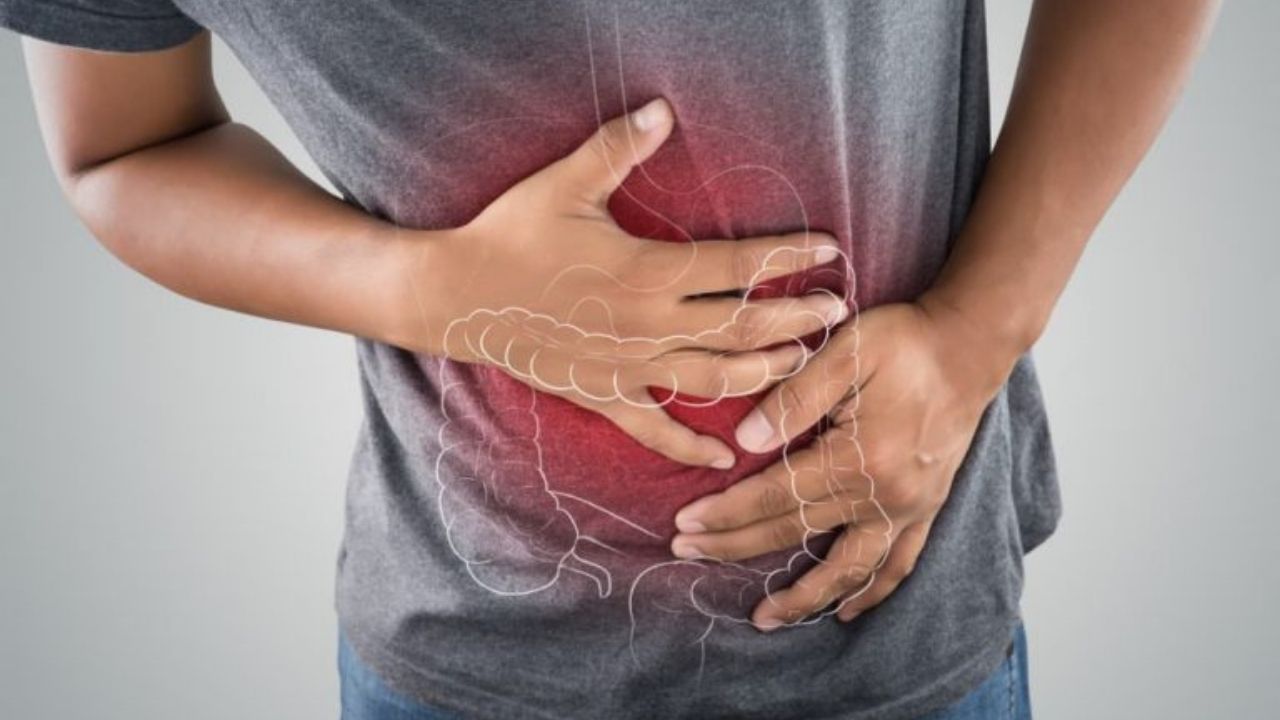CHANDIGARH
The intestine plays an important role in an individual’s life by removing waste from the body, and as is inevitable, an unhealthy bowel movement can lead to a variety of health issues. What’s interesting is that a person’s bowel movement is highly sensitive to the food they eat, the environment they live in, and the amount of water they drink. We frequently disrupt our bowel movements and learn to live with it.
One of the most frequent cancers in humans is cancer in the bowel, often known as colorectal cancer, which affects the colon and rectum. There is an abnormal proliferation of cells called polyps in the colon in this case
Colon cancer or Haemorrhoids?
Colon cancer is often mistaken for haemorrhoids. The two most prevalent issues that are directly linked to bowel movement are haemorrhoids and colon cancer. The presence of these issues has a significant impact on bowel movement and overall bowel health. Understanding the symptoms associated with both of these problems is critical.
Swollen and bulging veins in the lowest parts of the rectum and anus are known as haemorrhoids. Internal, external, and thrombosed haemorrhoids are the three forms.
Colon cancer is the third most common cancer in males and the second most common cancer in women worldwide, and it is one of the top five common cancers in India.
The symptoms of colon cancer and haemorrhoids are identical.
The bowel movement is disrupted by any disruption in the body’s natural functioning. While many different health disorders can make you feel like you haven’t emptied your bowels completely, this can also be a sign of haemorrhoids or the development of colon cancer.
Rectal haemorrhage, blood in the stool, and the feeling of not having emptied the intestine are all symptoms of both haemorrhoids and colon cancer.
Certain symptoms are only seen in those who have colon cancer. Changes in bowel movement frequency, pain owing to bowel obstruction, abrupt nausea, sudden vomiting, weight loss, and rectum pain are some of the symptoms.
Colon cancer and haemorrhoids can be distinguished by rectal bleeding. It’s most likely a haemorrhoid if the blood is red; dark blood means the bleeding is coming from within the body.
Colon cancer is characterised by abdominal pain. Haemorrhoids do not cause abdominal pain.
Fatigue is also a cancer symptom. Bleeding in the gastrointestinal tract results in blood loss and anemia, this leads to weakness.
Is there a danger of colon cancer in haemorrhoid patients?
Despite the fact that many academics claim that haemorrhoids do not cause cancer, numerous studies have connected haemorrhoids to colon cancer. People with haemorrhoids should have a colonoscopy on a regular basis to detect cancer early.

 हिंदी
हिंदी






